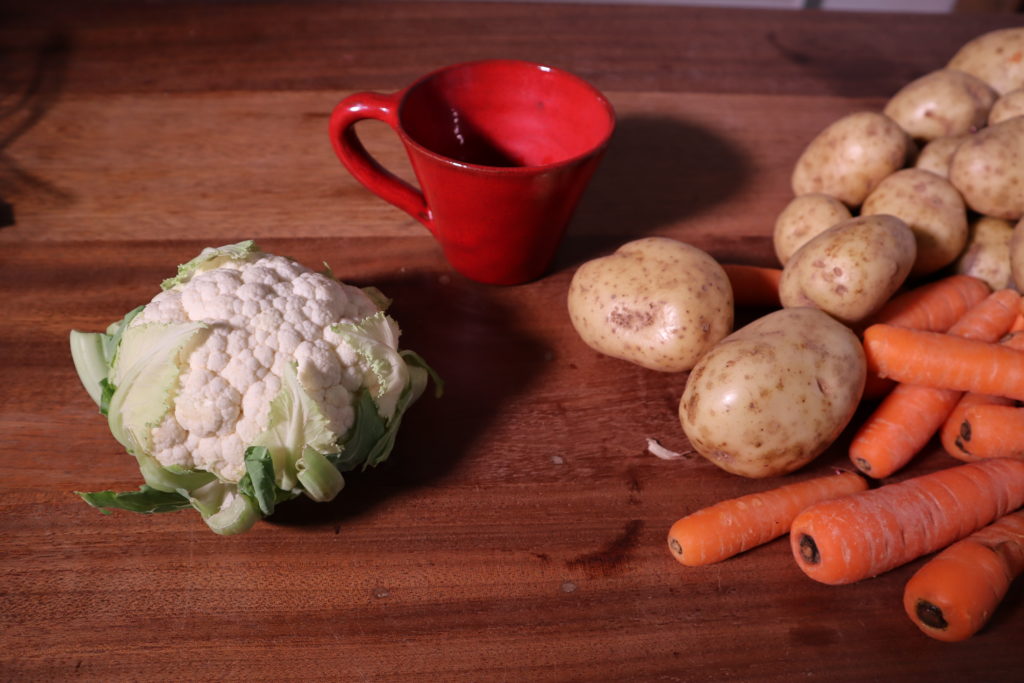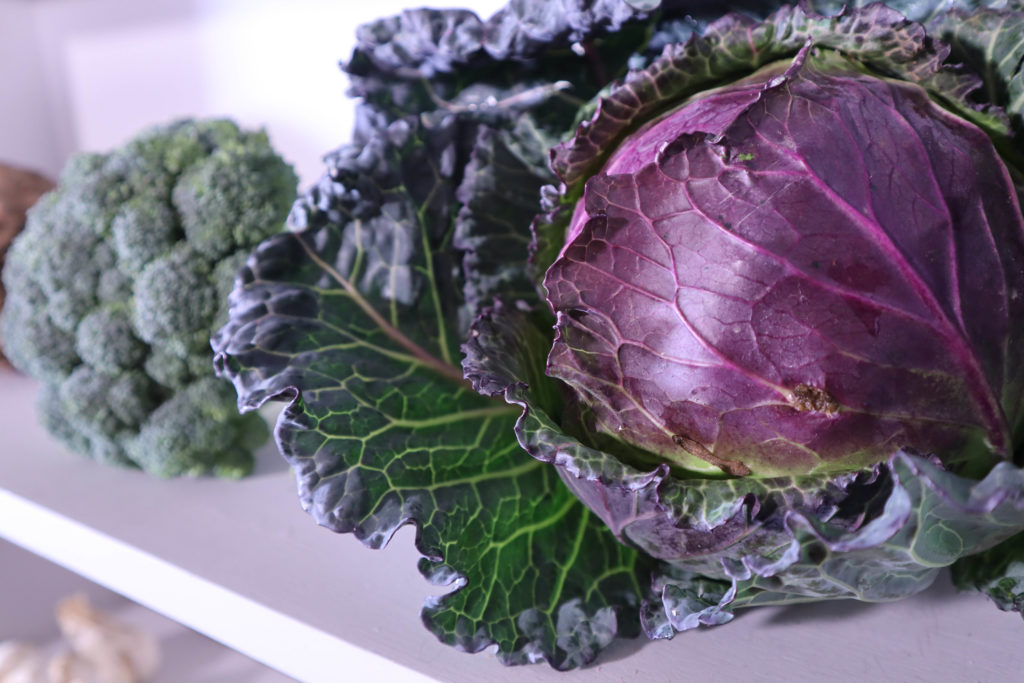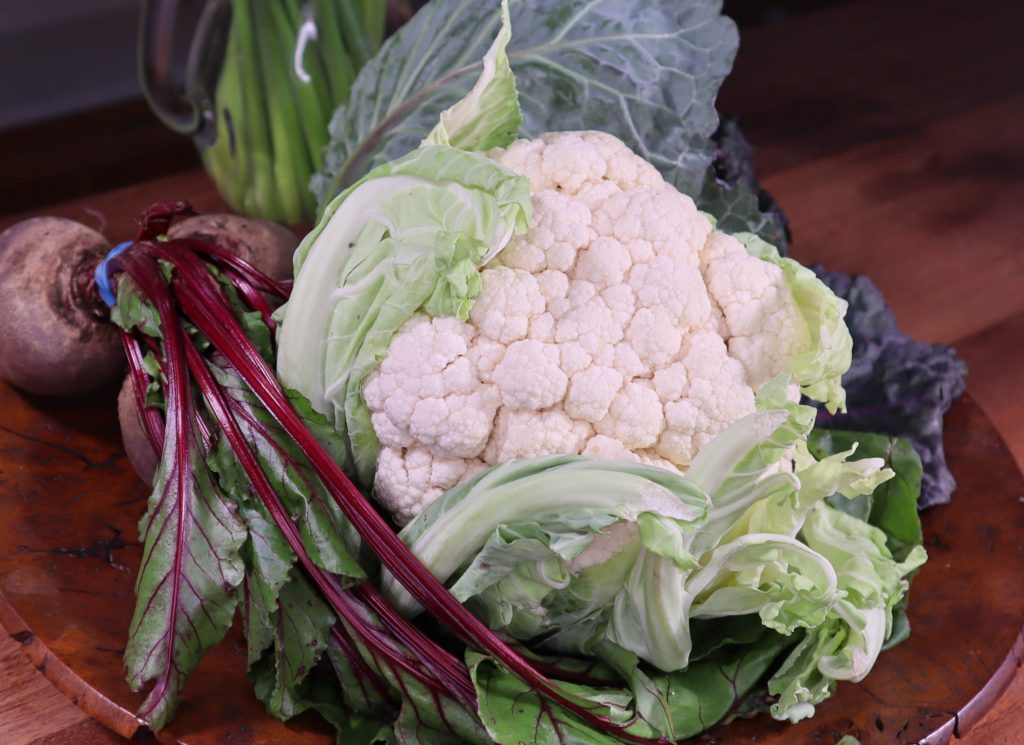I have always, when possible, shopped at my local vegetable shop. I like to support local businesses and the produce is fresher and lasts longer which means that it’s still available to use when I have had one of those busy weekends where we ate … less wholesomely than I would have liked. However with full time work restricting my access to the local shops and let’s face it Saturday mornings are rarely set aside for food shopping I needed another option. The supermarket filled that gap.
Until we had the idea of running a local veg box scheme that could provide the convenience and time saving benefits that I was looking for and could reduce my environmental impact too.
I thought it was time to have a look at the actual reality of a local veg box scheme in comparison to a supermarket shop. I want seasonal organic fresh veg without the hassle and a little feel good factor too but I don’t want it to cost more. I don’t think that is asking too much.
Is the supermarket cheaper?
This is a tough one because it is more complex than a straightforward price comparison. Comparing the contents of a small veg box to the equivalent supermarket veg gave a price that made the supermarket cheaper by 34p. I had to adjust the contents of the box to get a fair comparison as the supermarket’s organic range did not have any parsnips or courgettes and the cabbage choice was limited to one very unappealing looking specimen. As cabbages and parsnips are available in the UK right now as seasonal produce they are cheaper, fresher and of course we are giving money to our own farmers. The supermarket cauliflower was 30p cheaper but fitted perfectly on my hand whereas the vegbox cauliflower was four times the size and again UK grown.



The supermarket’s champion produce in terms of cost were the chestnut mushrooms. Half the price for twice the amount. I struggle with this one. I love mushrooms and I hate plastic waste; it is a hard choice but if money is tight it is no choice at all.
As a family living on a budget I will always be a supermarket shopper. I just can’t afford not to be. Being able to buy my perishables locally however means that I can reduce my visits to monthly rather than weekly. The savings here are huge. So much more than the petrol alone. I have reduced my likelihood of buying all of those unnecessary items that supermarkets hire people to sell you through clever product placement. And my children understand that treats run out and as the month progresses we bake more. They get involved in the cooking because we have run out of the quick fix food that they will reach for. My 15 year old now makes beautiful soup but she will only do this when the tins that she pesters me to buy run out.
How do they compare on shelf life?
How many times have you purchased veg only to realise that you have two days left on your sell-by date? A familiar story right? I hunted for the best dates and the freshest looking produce but still struggled. My plastic coated calabrese looked good, the carrots were already showing signs of decay but my perfect, albeit small, cauliflower was in beautiful condition.
The plastic free organic section told another story. It looked like it had been there in the warmth for a week…is this why they put the plastic on? So it can sit in storage, be transported and then wait in line whilst the supermarkets rotate their vegetables according to date?
In comparison the veg box produce has a much longer shelf life, has travelled less due to a reduction in the distribution network and because where possible it will be bought from UK farmers. It has no plastic and contains no sad looking vegetables.
In summary
A local veg box scheme is a great way to ensure you have a supply of fresh organic vegetables that store well and provide so much of the goodness that your body needs. It helps to reduce your visits to the supermarket and thus all of those unnecessary purchases and cuts down on your plastic waste too. The cost is roughly equivalent veg for veg but, with a veg box scheme you can be assured that the food is as seasonal, local and fresh as possible. You may even get some inspiring recipes to help you make the most of your veg 🙂
It is clear that in a modern world we will shop to suit our own lives and needs. For many, convenience must balance our ethics, as must cost. We may care more about plastic waste than we do about organic farming methods. Perhaps some have the time and space to take it all on. I aspire to this, but am a long way off yet. Reducing my plastic waste and shopping locally are good for my environment and my local economy and buying organic is a gift for my body and my children’s; so I will focus here as much as I can.

